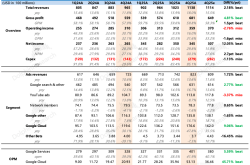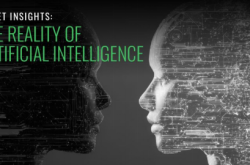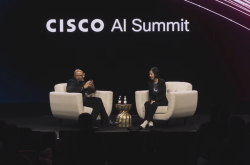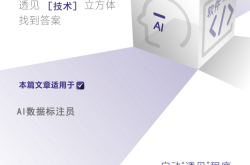Apple's AI Missteps: Has the Tech Giant Reached Its "Nokia Moment"?
![]() 08/14 2025
08/14 2025
![]() 509
509
Apple, the hardware kingpin of the mobile internet era, appears to have missed the "first wave" of the AI revolution.
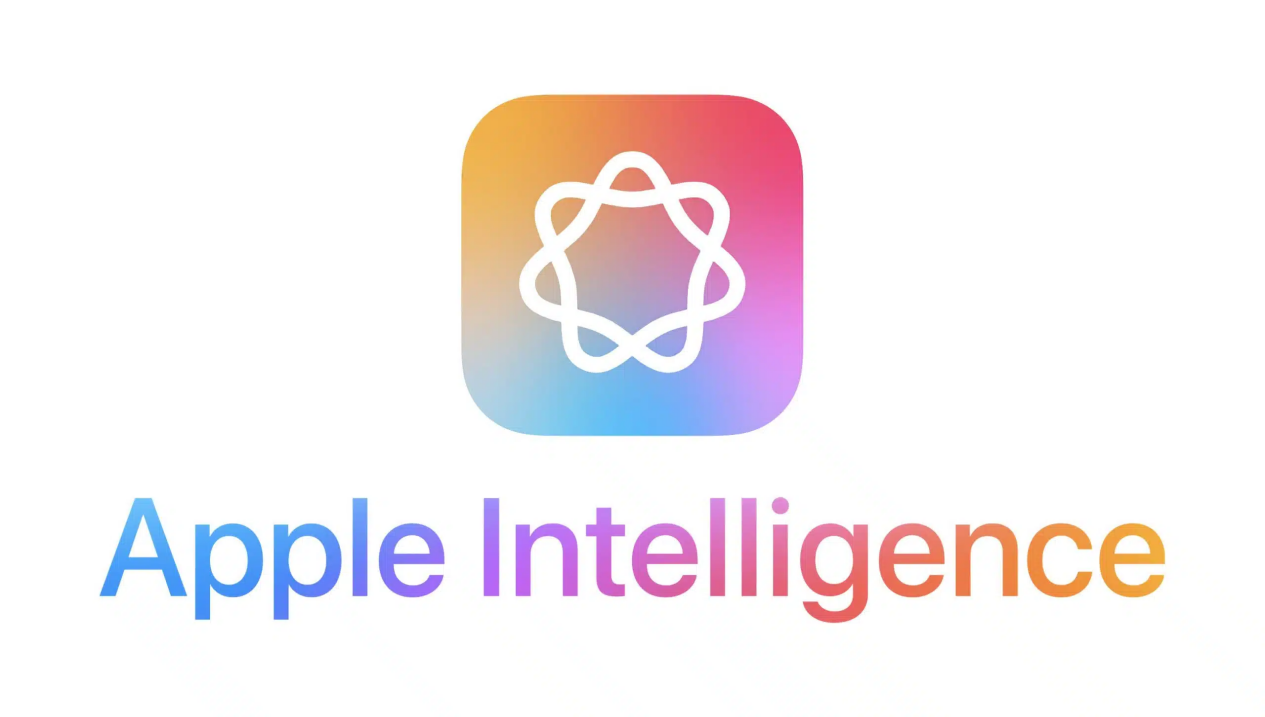
Since the dawn of the AI era, Apple seems to have lagged behind, experiencing a comprehensive "miss" and undeniable delay.
As a leading global technology company, Apple's achievements in the mobile internet era are perhaps the most notable among hardware firms. Following a strategic transformation and brand revival during the Jobs era (1997-2011), Apple, under the leadership of Tim Cook, became the first company with a market capitalization exceeding $1 trillion in 2018. Just four years later, in 2022, Apple's total market capitalization surpassed the $3 trillion mark for the first time.
However, in recent years, Apple has faced frequent challenges, particularly in 2025, when it encountered a series of severe setbacks. In early 2025 (February), Trump criticized Apple's decision to prioritize diversity, equity, and inclusion (DEI) on social media, describing the policy as a "scam." Additionally, on May 23, 2025, due to pressure from Trump's tariffs and trade policies, Apple's stock price plummeted 3.02% in a single day.
Subsequently, at the annual Worldwide Developers Conference (WWDC) held in June, Apple unveiled several new products and feature upgrades that were generally perceived as somewhat underwhelming compared to previous years, failing to meet market expectations. Following this, news emerged that Apple hoped to collaborate with Anthropic or OpenAI to reimagine Siri with AI, causing disappointment among the company's AI team.
In July 2025, Apple lost four artificial intelligence experts to Meta within a month, including Ruoming Pang, the head of Apple's AI team, two other researchers from the team, Tom Gunter and Mark Lee, and Bowen Zhang, a key researcher in the field of multimodal AI.
In addition to the fierce competition for AI talent from competitors, the aging of Apple's management team is also a significant issue. According to reports, Chief Operating Officer Jeff Williams is expected to retire later this year, and nearly half of Cook's core team of about 20 direct subordinates are over 60 years old, including Greg Joswiak, head of marketing, and Johny Srouji, head of chips.
1
Is Apple's current adversity akin to its "Nokia moment"?
Amidst its comprehensive miss on AI, Apple recently held a rare all-hands meeting.
Historically, Apple convenes such meetings only when significant events occur, such as the antenna issue with the iPhone 4, the discontinuation of the HomePod, and the cancellation of AirPower.
On August 2, 2025, Mark Gurman, a renowned Apple analyst from Bloomberg, reported on the meeting. Apple CEO Tim Cook emphasized at the all-hands meeting that Apple must seize the opportunities presented by AI and not fall behind other vendors.
Executives gathered employees in the auditorium on Apple's Cupertino campus in California, emphasizing that the AI revolution is "as significant, or even more significant, than the internet, smartphones, cloud computing, and apps." According to insiders, Cook told employees, "Apple must do this. Apple will do this. This is the opportunity we should seize. We will invest to achieve this goal."
During the meeting, software chief Craig Federighi also spoke, discussing the delays with Siri and how the company initially hoped to build it using a "hybrid architecture." Under that plan, one system would handle Siri's existing functions, while another would be driven by a large language model (LLM). However, he noted, "We realized that this approach couldn't meet Apple's quality standards." The new plan is to migrate everything to the new architecture.
Furthermore, Cook reminded employees that Apple's strategy has never been to be the first to launch a product but rather to pursue the right direction. He cited Apple's history – there were PCs before the Mac and smartphones before the iPhone – but Apple's execution turned them into cultural landmarks. He hinted that the same patience would apply to AI.
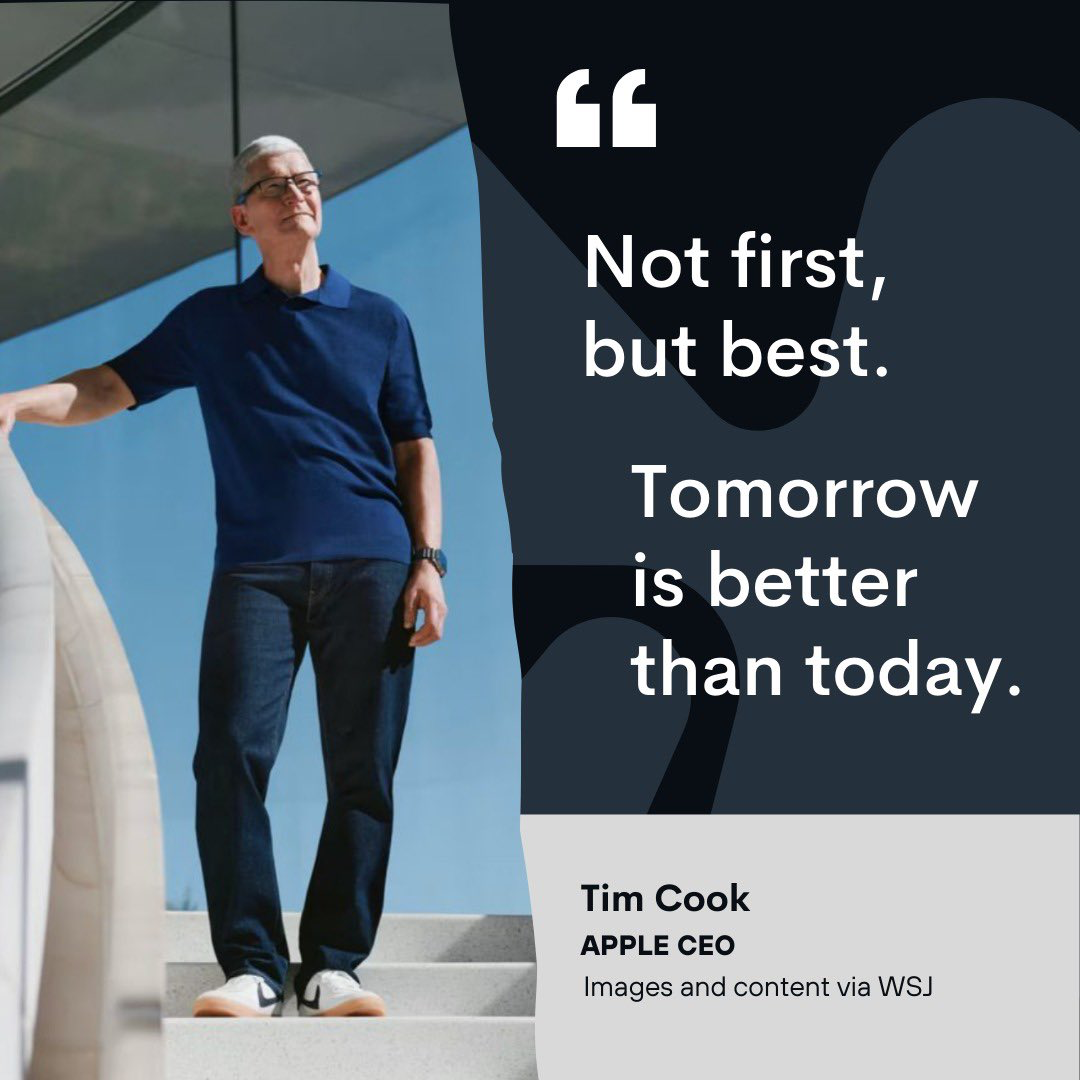
(Image source: WSJ)
According to reports, the atmosphere of this meeting was markedly different from the past. While acknowledging external criticism, Apple also inspired its internal team, indicating that AI is not just a feature but the next decisive chapter.
Just a day after the meeting, on August 3, Gurman's latest article revealed that Apple has formed a new team to develop an application similar to ChatGPT.
Gurman disclosed that this team, named "Answers, Knowledge, and Information (AKI)," is working on building an "answer engine" that can use information from the web to respond to questions. It could be a standalone app or provide search functionality for Siri, Safari, and other Apple products.
Gurman also pointed out that Apple is actively recruiting for this team, particularly seeking candidates with experience in search algorithm and engine development.
Against this backdrop, let's delve into how Apple, once a "leader" in the Jobs era, missed out on the first-mover advantage in the AI field and became a "technology follower." We can start with Siri.
2
Starting with Siri: Apple's Strategic Blunders in the AI Field
In the field of artificial intelligence (AI), Apple originally held a first-mover advantage. According to Siri co-founder Dag Kittlaus, Siri's ultimate goal was "you can talk to the internet, and the assistant will handle everything for you. You don't even need to know the source of the information, and problems discovered by apps and websites will also be solved." This aligns precisely with the most widely used scenarios for current large language models.
At that time, Siri was just an app on the App Store, but when Jobs encountered Siri, he immediately recognized its potential far beyond that. He quickly contacted Kittlaus and invited the Siri team to his home for a face-to-face meeting. During the three-hour meeting, Jobs proposed an acquisition. Kittlaus initially refused but eventually agreed to sell after Jobs called him every day for 24 consecutive days. Jobs immediately listed Siri as a top development project for Apple and was fully invested in its research and development until the end of his life.
With the launch of Siri, Apple also embarked on research in machine learning, primarily used for facial and fingerprint recognition, smart suggestions (such as reminders to depart based on traffic conditions), improved maps, and key projects at the time: headsets and cars.
In terms of action, Apple laid the groundwork for its AI industry early by acquiring several small AI companies, such as Laserlike, Tuplejump, and Turi. However, in terms of direction, Apple did not focus its AI efforts solely on the voice assistant field. In the initial years, Siri's development focused only on basic tasks, such as providing weather information, setting timers, playing music, and handling text messages.
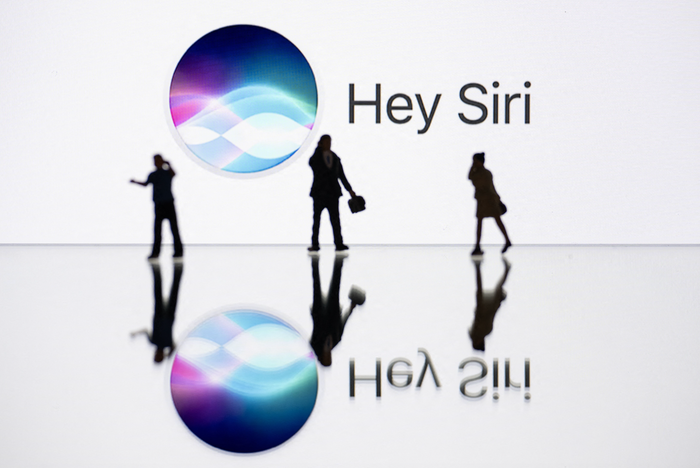
(Image source: Business Insider)
In December 2015, OpenAI was founded with the goal of "achieving safe artificial general intelligence (AGI)."
3
Internal Strife and Disputes Over Direction
Apple has not stopped investing in the AI field. In 2018, Apple hired John Giannandrea (hereinafter referred to as JG) from Google to serve as the head of AI. In the official Apple press release at the time, Cook stated, "Machine learning and AI are crucial to Apple's future development. They will not only revolutionize the way people interact with technology but have already significantly improved users' lives. We are deeply fortunate to have John on board. As a leader in the AI field, he will surely drive our significant progress in this key area."
However, this did not propel Apple to the forefront of the AI field. Today, Apple lags significantly behind its competitors. Gurman believes that Apple's strategic blunders in the AI field stem primarily from the company's internal lack of unity regarding the development path of AI.
Some senior executives responsible for software engineering believed that Apple should highlight AI more prominently in iOS. Around 2014, one executive said, "We quickly realized that this is a revolutionary technology with far greater power than we initially understood." However, they failed to convince Craig Federighi, who oversees iOS, to take AI seriously, and "many suggestions went unheeded."
Conversely, Cook was optimistic about AI. Someone who has worked with him said, "Cook is one of the most optimistic people about AI within Apple. He was frustrated that Siri lagged behind Alexa and dissatisfied that Apple failed to secure a place in the smart speaker market."
In addition to the ambiguity in development direction, there were also issues with execution. JG found that Apple needed to invest additional hundreds of millions of dollars in large-scale testing and image and text annotation to train large models. He recruited top AI researchers from Google to form a team responsible for testing and data analysis. However, according to several colleagues, Craig Federighi was reluctant to invest heavily in AI, believing that it was not a core capability of mobile devices.
A long-time Apple executive said, "Craig is not the kind of guy who would say, 'We have to do something big and need more budget and people.'" Other leaders had similar reservations. An old executive said, "In the AI field, you have to invest first to know what the product will be. This is not Apple's way of doing things. When Apple develops a product, it already knows what the ultimate goal is... Our usual strategy is to enter the market late, rely on over 1 billion users, play it safe, and eventually defeat everyone."
But this strategy does not apply to AI. The release of ChatGPT in November 2022 caught Apple off guard. One senior executive said that Apple "didn't even have the concept of Apple Intelligence." Another executive said, "OpenAI's moves were not a secret, and anyone who pays attention to the market should have seen them and invested fully."
Less than a month after the release of ChatGPT, Craig Federighi began using generative AI to write code for software projects. According to insiders, he suddenly saw the potential of AI and joined JG and other executives in meetings with AI companies such as OpenAI and Anthropic to quickly understand the latest models and market dynamics. Since then, Craig Federighi has required as many AI features as possible to be included in iOS 18 in 2024.
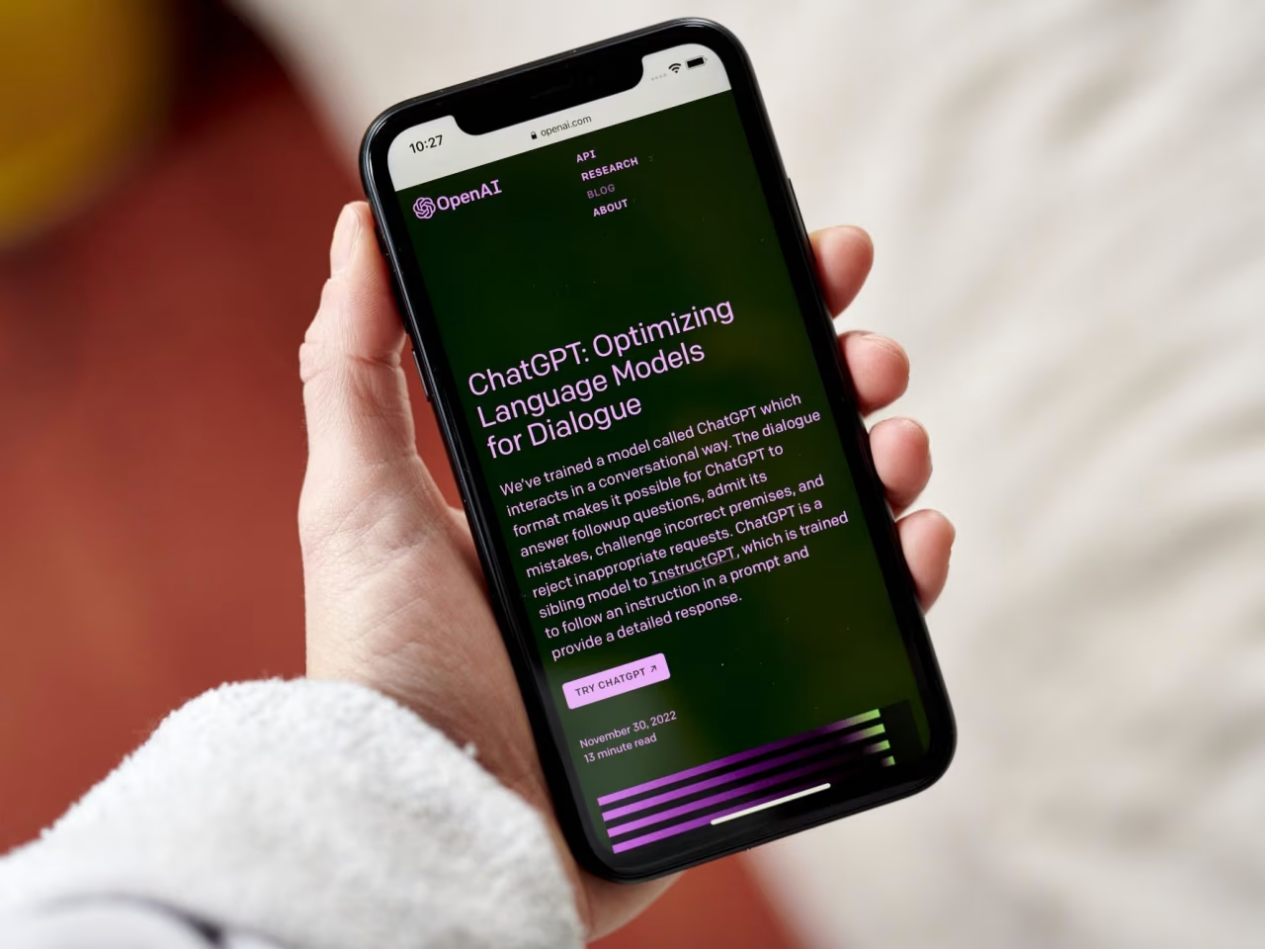
(Image source: WSJ)
JG once again assembled an AI team to develop large language models, but by this time, they were years behind their competitors. According to multiple employees, various product development teams within Apple were responsible for part of the AI research and development, leading to difficulties in unifying technology, progress, and compatibility. Although Apple Intelligence made its debut as scheduled at WWDC 2024, its capabilities were limited.
To provide consumers with AI products that they truly need, Apple had to negotiate with competitors such as Google, Anthropic, and OpenAI. The lack of a self-developed AI chatbot at Apple has caused unease among many executives, but JG does not believe that large models are the future of AI. According to multiple employees, JG believes that it will take years for AI agents to truly replace humans, and most consumers, like him, do not trust generative AI.
These employees explained that this explains why JG did not fully commit to creating a consumer-facing ChatGPT competitor. He has always been conservative about the pace of AI development and skeptical about the value of chatbots, believing that the threat from competitors like OpenAI, Meta, and Google is not urgent. Some Apple colleagues said that JG insists that the AI assistant users need is the main interface of the device, not an app. Despite delays and setbacks, he remains committed to this vision.
Within Apple, JG has borne much of the blame for delays and mistakes. In March this year, JG was stripped of all product development control, including Siri and robot projects. According to other executives, Cook has lost confidence in JG's execution in developing new products.
4
Opportunities and Challenges in the Chatbot Market
After adjusting its strategy and starting anew, what opportunities and challenges will Apple face in the Chatbot (also known as Conversational AI, ChatGPT-like applications, etc., collectively referred to as Chatbot) market?
A Chatbot is a software program that enables human-like conversations through natural language processing (NLP) and artificial intelligence technology. It can understand user intent and provide corresponding responses, enabling functions ranging from simple question-and-answer to complex task handling. Unlike traditional rule-based chatbots, modern Chatbots leverage large language models (LLMs) and deep learning technology to understand context, learn user preferences, and provide personalized services. They have become key tools for enterprises in digital transformation and enhancing user experience.
Currently, the Chatbot market is experiencing rapid growth and a "blooming" stage. Relevant applications on the market include ChatGPT from OpenAI, Gemini from Google, Doubao from ByteDance, Claude and DeepSeek from Anthropic, ERNIE Bot from Baidu, Tongyi Qianwen from Alibaba, Perplexity, and Microsoft Copilot, among others.
A report by market research firm Researcher Nester shows that the global Chatbot market size was approximately $7.57 billion in 2024 and is expected to reach $8.99 billion in 2025. The CAGR (Compound Annual Growth Rate) of the Chatbot market is expected to be 23.4%, with related industry revenue reaching $116.46 billion by 2037. Another market research report by Grand View projects that the market size will reach $41.39 billion by 2030, with a CAGR of 23.7% from 2025 to 2030.
The main driving factors for the development of the Chatbot market include (but are not limited to):
1.
Transformation of customer service demands: Consumers expect instant and personalized service experiences, especially in the context of the widespread use of mobile internet. Chatbots can meet this demand by providing round-the-clock support, shortening response times, and enhancing user satisfaction.
2.
The imperative for enterprises to cut costs and boost efficiency: By deploying Chatbots, enterprises stand to drastically reduce their operational expenses. For instance, in the financial sector, the integration of intelligent customer service has achieved a penetration rate of 78%, leading to annual savings of over 40 billion yuan in labor costs.
3.
The diversification of demands across vertical industries: The requirements for Chatbots in diverse industries are becoming increasingly varied. From financial services and healthcare to retail e-commerce and education, Chatbots are permeating various business contexts across sectors to address specific needs.
Furthermore, factors like the widespread adoption of mobile internet and social media, coupled with technological advancements enhancing capabilities, will further catalyze the growth of related markets.
From a user's perspective, Chatbots are revolutionizing the mode of interaction. In contrast to traditional search behavior, where users enter keywords to sift through browser results, Chatbots engage in direct 'conversations' with users. This eliminates the need for users to manually search for answers among numerous webpages. Leveraging large language models, browsers can learn, comprehend, and assess user needs, delivering intuitive results. A user-friendly, efficient, and practical Chatbot application can help attract and retain users, effectively capturing the gateway to traffic.
Secondly, based on the evolving user interaction methods in the new era, manufacturers can develop additional functionalities relying on Chatbots, advancing further into one-stop services. For example, users can upload photos and complete the creation of special images through conversation-based image editing; or upload documents to obtain content summaries. Once this traffic gateway is mastered, more functions and tasks can be accomplished through intelligent browsers, fostering a snowball effect to attract more traffic.
From an enterprise's perspective, Chatbot-related technologies serve as the foundation for various domains. For instance, in the search engine industry, leading manufacturers globally have already commenced their layouts. Quark Browser has upgraded the traditional search box to an 'AI Super Box', QQ Browser has introduced QBot for smarter AI searches, and Baidu has recently launched TizzyAI. Similarly, the global internet giant Google has announced the integration of the Gemini 2.5 Pro model into Google Search's AI mode, along with the 'Deep Search' feature, to enhance search efficiency and user experience.
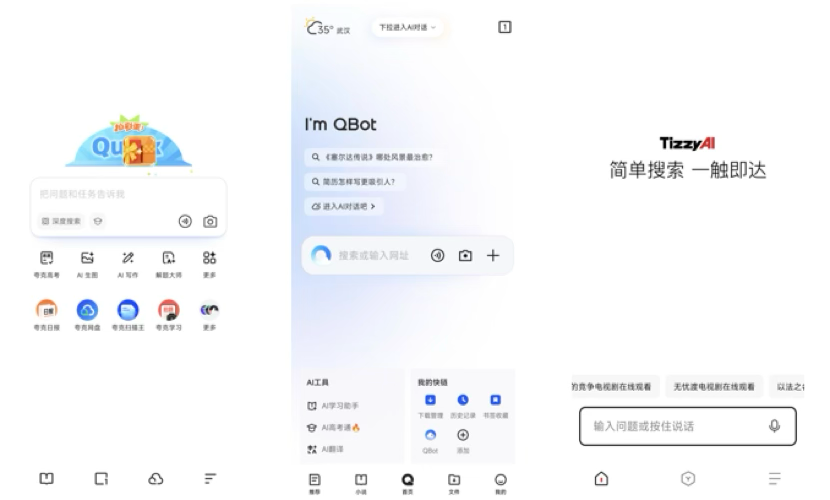
For Apple, Chatbot applications can significantly contribute to the development of its software and hardware ecosystem. It is conceivable that Chatbot applications can bridge Apple's software ecosystem, encompassing Siri, Safari, Photos, and office suites (Pages, Keynote, Numbers), while also facilitating the interconnectivity of its hardware ecosystem among iPhone, iPad, and MacBook.
However, in the current fiercely competitive market, whether Apple can flawlessly embody its philosophy of 'not first, but best' remains to be seen.

